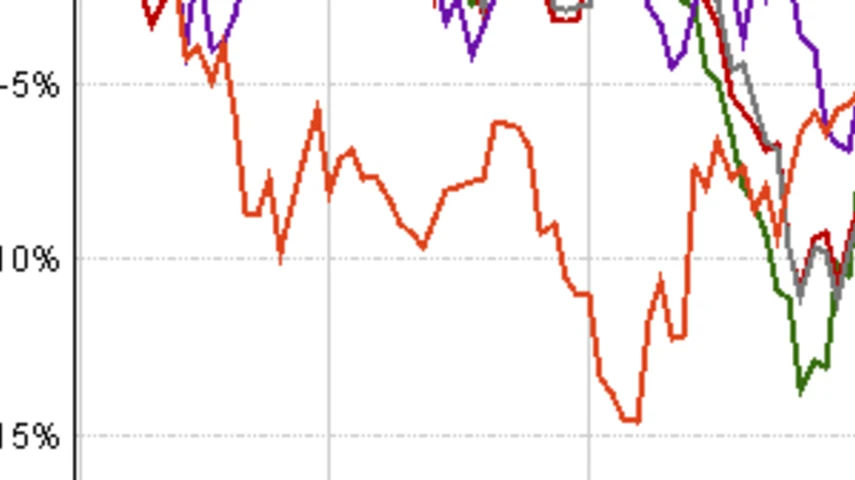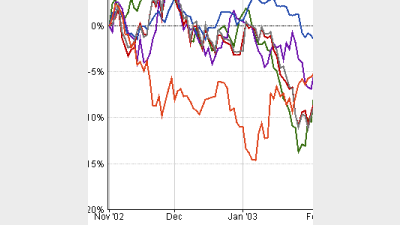How did major markets perform during SARS?



As major markets become increasingly volatile in light of COVID-19, how did these markets fare during the world’s last epidemic?
The SARS outbreak, which mostly affected Asia, took place between November, 2002 and August, 2003 and was classified as a epidemic.
Originating in China, it later spread through to Hong Kong, Taiwan, Vietnam, Singapore, Thailand and Canada.
During the period, over 8,000 were confirmed as having the virus and some 774 people died, although these numbers are a small percentage of the cases of COVID-19 which total 329,000 worldwide (at the time of writing).
Looking at the performance of worldwide stock markets during the time, the worst-affected market was unsurprisingly the Shanghai Composite index which fell 16.5%.
Other affected Asian markets were the Japanese Nikkei, down 3.7%; and TOPIX, down 4.8%; and the MSCI Asia-Pacific index was down 3%.
However, it was Western markets which fared worse than their Asian counterparts with the UK’s FTSE 100 down 7.6%, the Dow Jones down 7.1% and the S&P 500 down 6.2%.
Australia’s ASX 200 was the outlier, being the only major stock market to report positive gains at 7.4%.
However, analysts warned not to make comparisons between the two situations as the Chinese economy was in a ‘vastly different place’ than during SARS.
“While the viruses may have similar organic similarities, the state of the Chinese economy is vastly different than 2003.” said Binay Chandgothia, portfolio manager at Principal Portfolio Strategies.
“Back then, China only accounted for 4% of global GDP. Today, its economy is four times larger, contributing more than 16% to global GDP. And supply chains are infinitely more complex and intertwined.”
Morningstar said: “There is little precedent, and using prior scenarios to estimate the impact of coronavirus may not yield accurate results because of the highly interconnected and increasingly global nature of the world. The economies of various nations are also much more interlinked, which may make it more difficult to constrain the economic impact of coronavirus within borders”.
Performance of major stock markets from 1 November, 2002 – 1 August, 2003
Recommended for you
Financial advisers have expressed concern about the impact including private market exposure is having on their tracking error budget, according to MSCI.
State Street will restrict its membership of global climate alliance Net Zero Asset Managers after the organisation dropped its flagship 2050 goals amid ESG backlash from the US.
Betashares has launched a global shares and a global infrastructure ETF as part of the firm’s strategic expansion strategy to support financial advisers in building more diversified portfolios.
Global asset manager Janus Henderson could be acquired after receiving a non-binding acquisition proposal jointly from a private investment firm and venture capital firm.












